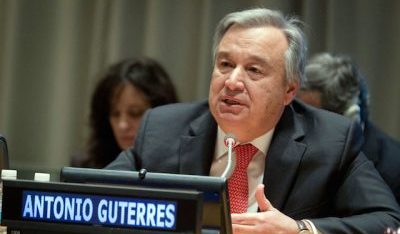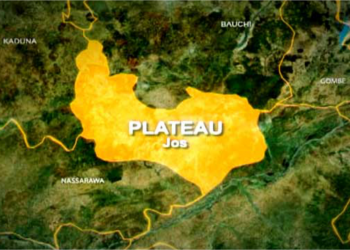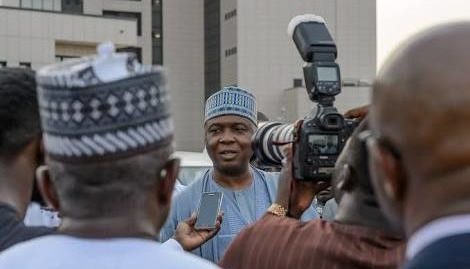United Nations Secretary General, Antonio Guterres, has called on states to be alive to their duties to protect their people, insisting that all atrocity crimes can be prevented.
Speaking at a General Assembly debate on the ‘responsibility to protect’ he said atrocity crimes which comprise genocide, ethnic cleansing, war crimes and crimes against humanity were preventable, calling on the international community to do more to end violence against innocent people.
Mr. Guterres told the Assembly that, “At this time of extreme challenges, we must not abandon the responsibility to protect or leave it in a state of suspended animation, finely articulated in words but, breached time and again in practice.”
According to him, lofty principles mean little if they could not be applied when they were most needed.
He proposed steps that could help states in strengthening their abilities to protect citizens.
Some of such steps include designing policies that would address vulnerabilities, conducting national risk assessments and increasing participation of the civil society to help enhance early warning and ensure effectiveness of national human rights institutions and ombudsperson.
He, however, observed that the challenge would be to uphold the principle while preventing its misuse, adding that “that means acting promptly, preventively, diplomatically, before situations escalate and spiral out of control.”
READ ALSO: Foreign Titbits: Benazir Bhutto assassination: ‘Most wanted’ in murder resurfaces
The UN Secretary General urged member states to ratify and domesticate instruments of international law relating to the prohibition and prevention of atrocity crimes as 45 states out of the 193 member states were yet to ratify the Convention on the Prevention and Punishment of Crime of Genocide, adopted in 1948 and entered into force in early 1951.
Also addressing the Assembly, General Assembly President, Miroslav Lajcak, pointed out that since the 2005 World Summit and the adoption by the Assembly of a resolution on the issue in 2009, the body was having its first formal meeting on the principle.
“So, I think it is a good time to remind ourselves of the weight on our shoulders. It means to do everything we can to avoid reaching the point where humanity is lost, “ he said.
According to him, while prevention may be hard work, it is still worth it.
The responsibility to protect, R2P, refers to the obligation of states towards their populations and towards all populations at risk of genocide and other mass war crimes.










